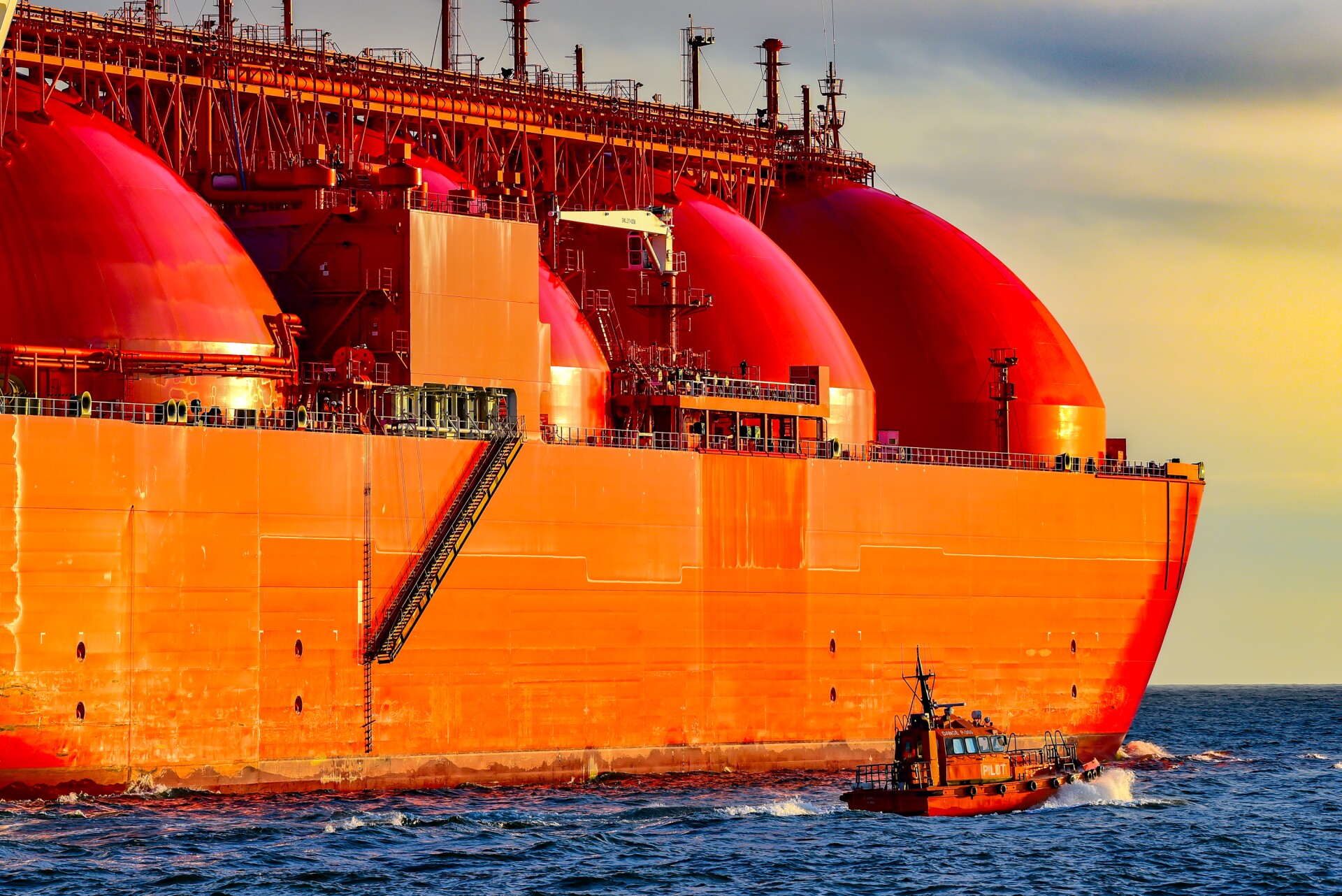The UK and US struck Houthi military objectives in Yemen.
They claim that the safety of UK vessels and Red Sea navigation freedom are their top priorities.
The UNSC has told the Houthis to stop Red Sea raids.
Due to various considerations, the Red Sea is strategically important for trade:
Geolocation:
Europe, Asia, and the Indian subcontinent are connected by the Red Sea between northeastern Africa and the Arabian Peninsula.

Suez Canal:
The Suez Canal in Egypt links the northern Red Sea to the Mediterranean. One of the world’s busiest and most important artificial canals, the Suez Canal allows ships to avoid the dangerous trek around Africa’s southern edge.
The canal is a major commerce route between Europe and Asia since it shortens vessel transit times.

Trade Path:
The East and West trade oil, natural gas, minerals, and manufactured commodities across the Red Sea.
The Red Sea is a vital commerce route for cargo ships from Europe, Asia, and Africa.
Mediterranean Sea and Suez Canal access:
The Red Sea connects to the Mediterranean Sea via the Suez Canal. Red Sea coastal countries need this connection to better connect to the European market.
Transporting Energy:

Oil and natural gas travel through the Red Sea. Saudi Arabia and Iraq, among other Middle Eastern oil producers, export their energy products via the Red Sea.
Military and Strategic Importance:

Geopolitically and strategically, the Red Sea matters. Saudi Arabia, Egypt, and Yemen have vital interests in Red Sea security and stability.
Military and geopolitical considerations surround Red Sea chokepoints and access routes, which affect naval troops and commercial ships.
Overall, the Red Sea is a vital maritime corridor that supports worldwide trade, especially through the Suez Canal, and connects important regions. International trade and geopolitics revolve on the Red Sea due to its strategic and economic importance.



